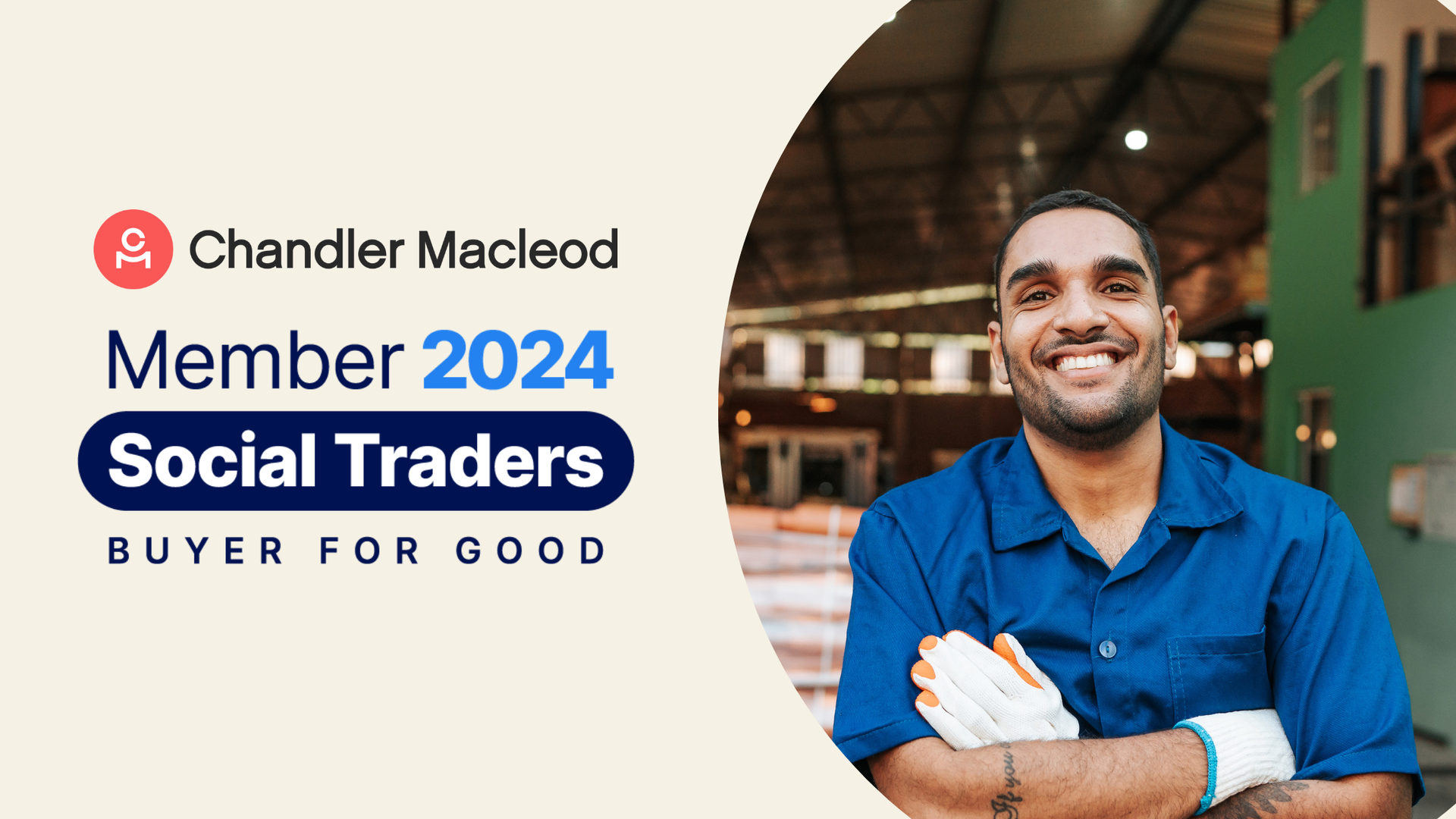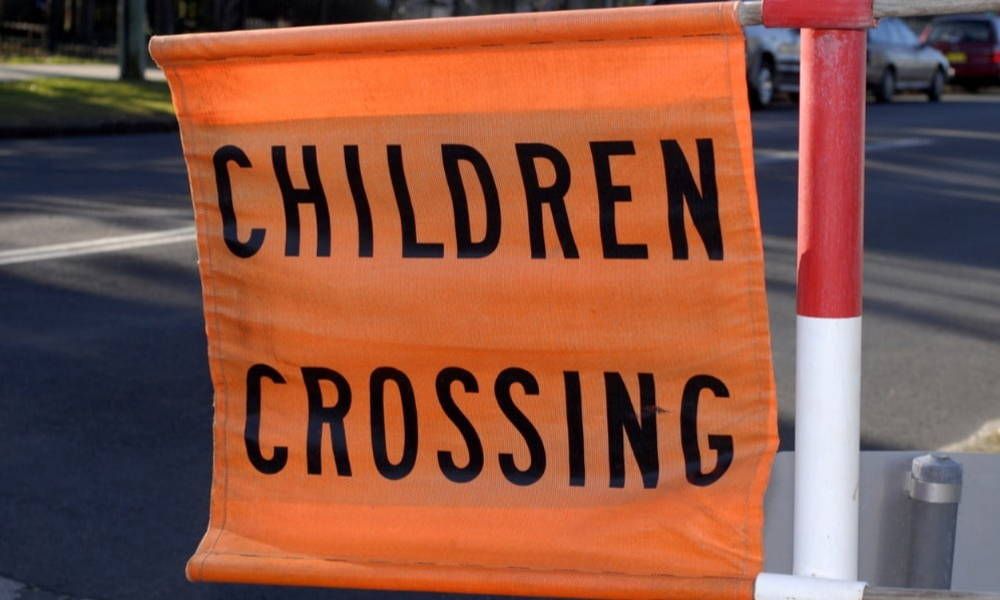We know that hiding psychological illness can lead to tragic outcomes. Studies show nearly 8 people take their own lives every day in Australia. That’s almost 3,000 preventable deaths per year.
Immediate family and close friends aren’t the only ones who experience the effects of suicide. The ripple effect of suicide reaches the wider community, including workplaces.
And the associated pain and impact is not a one-off event; it’s something we all carry for the rest of our lives. The haunting thought and feeling that we could have done something. If only such and such hadn’t happened. If only they had asked for help.
While there’s no easy fix to this complex issue, reducing the stigma associated with psychological illness is an important step in the right direction.
Stigma can be broken down into three categories: structural, public, and personal.
Structural Stigma
Structural stigma relates to government social policies. Australia has been proactive in this regard, creating legislation aimed at unacceptable workplace behaviours and discrimination.
Still, legislation is a blunt instrument that can only do so much, and the lack of certain legislation preserves structural stigma.
Mental health policies in Australia and comparable countries have acknowledged the need to tackle stigma, but the challenge remains to translate these policies into effective action.
A Life Without Stigma, SANE Australia 2013
Public Stigma
Public stigma surrounding psychological illness is primarily the result of stereotyping.
While we would all like to think this type of stigma is in decline, concerns around unpredictability and competence too often lead to subtle yet active discrimination. This discrimination can take the form of exclusion from employment or social opportunities.
Stigma and discrimination can have a significant impact on people with depression and anxiety and their family and friends. The greatest impact appears to be related to personal relationships and employment.
Stigma and Discrimination Associated With Depression and Anxiety, Beyond Blue 2015
Personal Stigma
Like any form of discrimination, exposure can result in internalisation, leading to development of ‘personal stigma’.
People living with psychological illness can begin to take on the negative thoughts of others. This can lead to harmful thoughts including an inability to recover and thinking they are not worthy of care, or taking responsibility for their own illness, as if having the illness is a cognitive choice.
Being subject to public stigma can result in individuals experiencing decreasing levels of self-esteem, shame, lack of motivation, and belief that they are beyond recovery.
It’s no wonder so many people (some experts believe up to 50%) hide their illness, believing it will reduce potential discrimination and increase opportunity.
This is everyone’s issue and one of our absolute priorities.
Research indicates that mental illness-related self-stigma is associated with hopelessness, poorer self-esteem, dis-empowerment, reduced self-efficacy, and decreased quality of life.
Mental Illness-Related Structural Stigma: The Downward Spiral of Systemic Exclusion Final Report, Mental Health Commission of Canada 2013
‘All of Me’: Part of the Solution
To reduce the negative effects of depression, substance misuse, anxiety disorders and work-related stress, a three-pronged approach is required:
- Reduce stigma
- Train employees in mental health literacy
- Promote help-seeking.
By making available online mental health self-assessment through the ‘All of Me’ mental health application, Chandler Macleod is taking a proactive approach to employee mental health and wellbeing.
Chandler Macleod was shortlisted as a 2018 finalist in the Recruitment, Consulting and Staffing Association’s (RCSA) Awards in the area of safety and risk management for our proactive adoption of All of Me. Our collaboration with Tap into Safety and Edith Cowan University is designed to provide results and analysis of the All of Me mental health application.
Respondents showed a high-level agreement that they felt All of Me had increased their awareness of the importance of addressing mental health behaviour and increase their knowledge and understanding of mental health behaviour.
Analysis of the All of Me Mental Health Application, Edith Cowen University 2017
To learn more about the All of Me online employee mental health program and how it can improve your workplace mental health culture, contact Chandler Macleod today.
To read more in our series of Psychological Wellbeing:
Psychological Wellbeing; The bottom line
Psychological Wellbeing; she won’t always be right, mate
Psychological Wellbeing; resilience and stress
Psychological Wellbeing; closing the gap
Written by Gary Whittaker – General Manager – Staffing Services WA, Chandler Macleod Group













